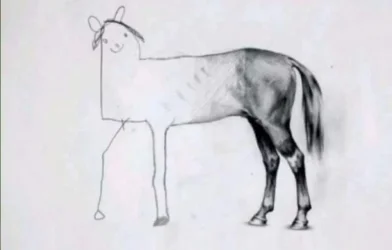I think the big problem here is everyone is talking at cross purposes about what counts as a combat sport. Some seem to have the opinion that if it's not a combat sport you aren't doing sparring, or if it is a combat sport it relates directly to fighting where you actually want to hurt the other person, or dissuade them enough that they don't hurt you (depending on how far we go down the self defence vs street fight discussion).
The problem is, this isn't the case.
Do combat sports have a sparring focus, yes. Does that sparring directly translate to being good in a fight- not necessarily. It's already been raised, but Olympic style TKD, or point sparring karate, doesn't exactly reflect a situation where someone want to hurt you. There's modification needed. In this case a lot more than say, Muay Thai or boxing, or MMA.
On the flip side plenty of styles which are by very definition not sports, include sparring. This might be hard knock the other guy out sparring (or close to it), or it might be point tapping. Why are they not sports, because a sport by definition is: "an activity involving physical exertion and skill in which an individual or team competes against another or others for entertainment"
I think you could argue dropping the entertainment bit. I mean who watches darts right?

You could potentially replace that with a focus on the idea of competing; each person is trying to win, with the expectation of gaining something at the end of it. Importantly though, all combat sports have sparring where no one is trying to win, they are trying to learn, to improve, to put the reps in. It's only on occasion that you go into a full spar where you actively try to win for the purpose of getting something a the end. Does this shift in focus really have that dramatic effect on the skill outcome? I think not. Sure the pressure is higher, but sports do try to prepare fighters for this in training, no reason why you can't have this preparation outside of sports.
Now I'm not saying all non sport arts follow such a structure, just that they can, and some do. The distinction is not sport or not sport- that's just whether you get a trophy or belt at the end of it, or whether people are watching you for entertainment. It's putting skills to the test against a dynamically resisting opponent in a stressful situation. If you're at risk of being punched in the face whilst trying to do the same to someone else, you're probably (roughly) on the right track, within reason of course.

